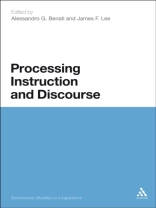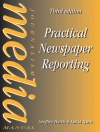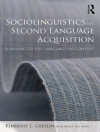Processing Instruction is an approach to grammar instruction for second language learning, contrasting with traditional grammar instruction in its focus on structured input rather than learners” output.
This book compares student assessment after traditional grammar instruction and after Processing Instruction to assess the positive benefits of this method of second language teaching. Rather than examining sentence-level tasks, the study looks at the relative effectiveness of Processing Instruction on discourse-level linguistic ability.
Case studies using empirical data from second language learners of Japanese, Italian and English are used to highlight the benefits to the learner of this method of enhanced input. This monograph will be of interest to postgraduates and academics researching second language acquisition and applied linguistics.












